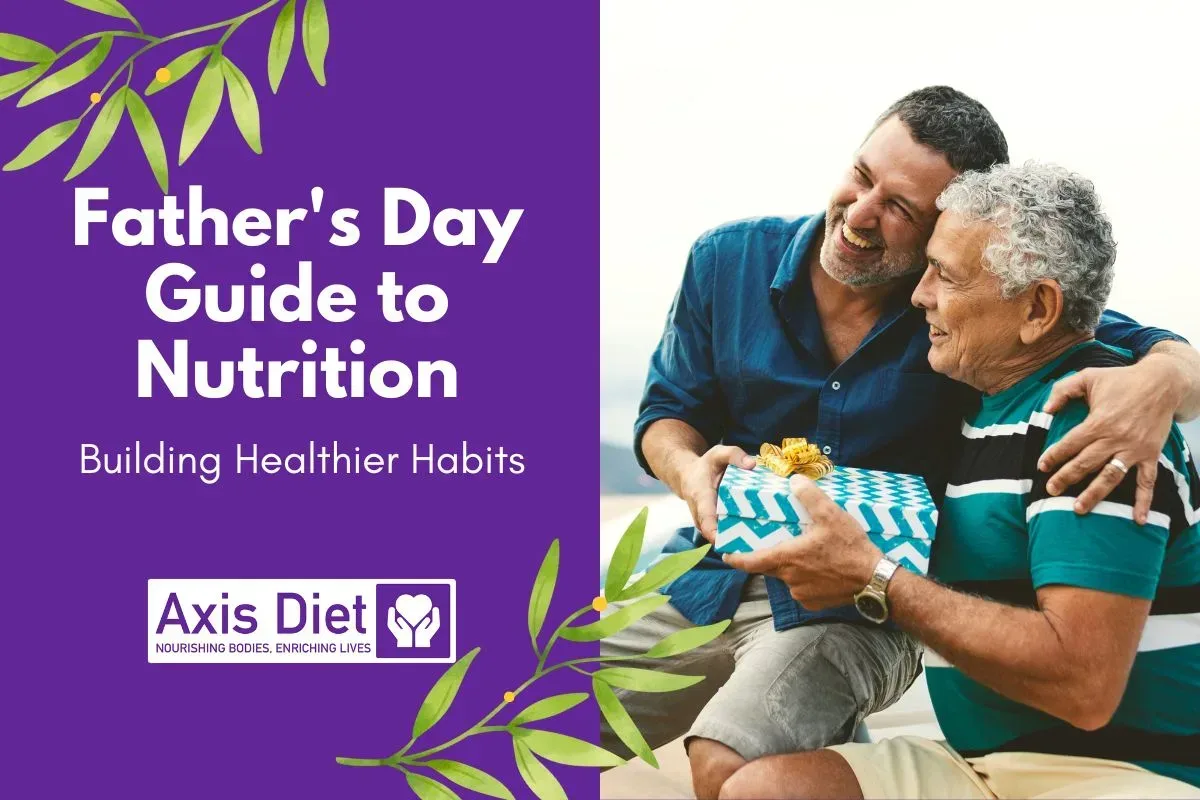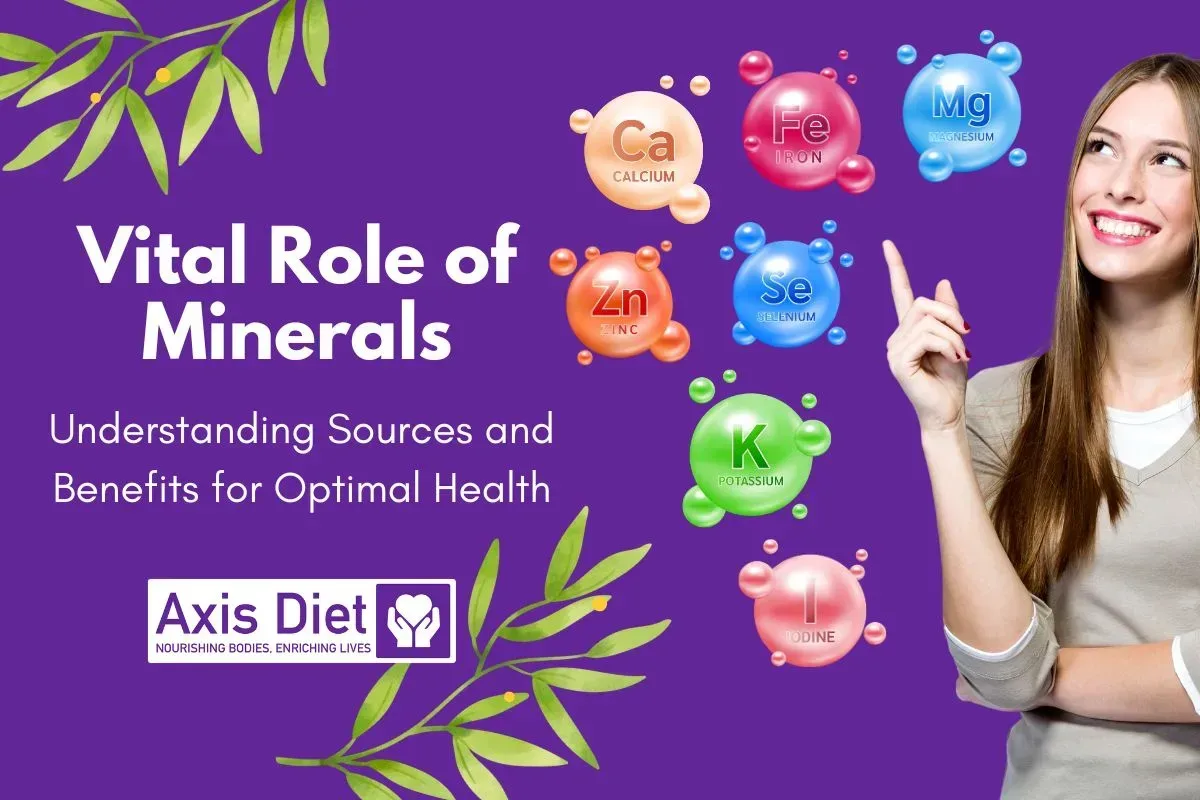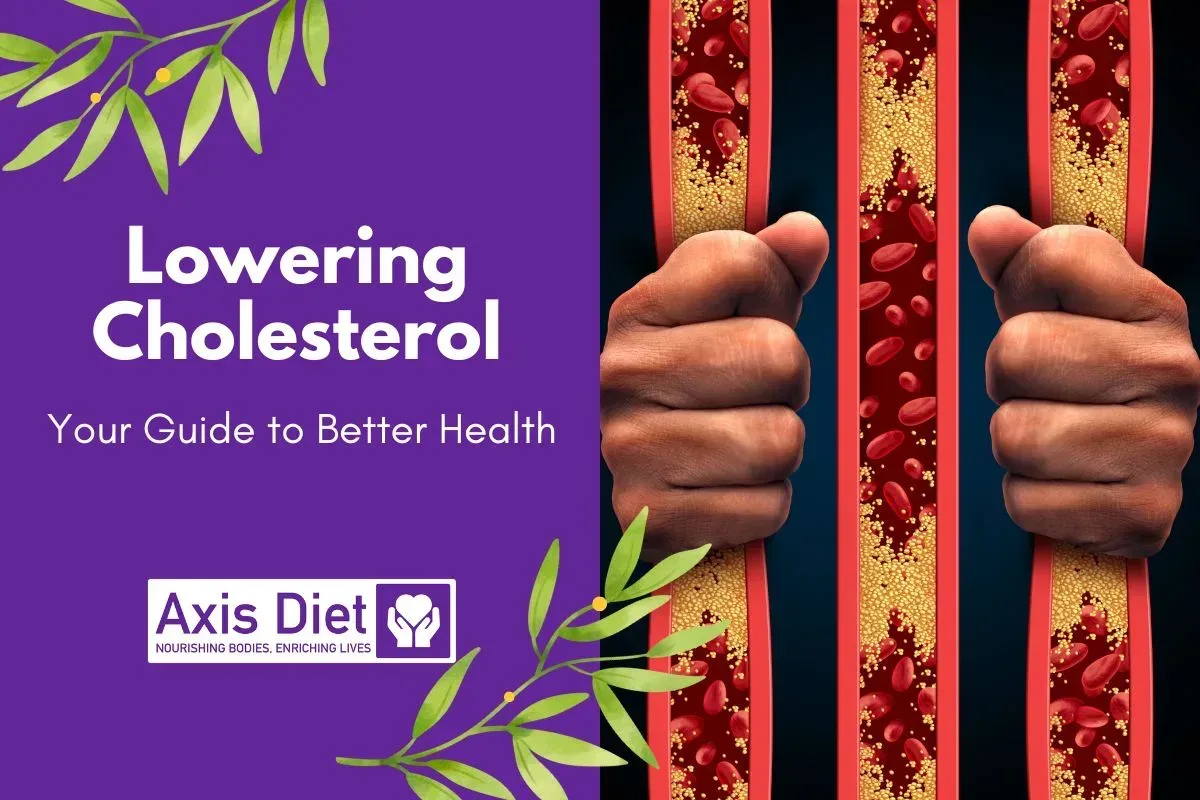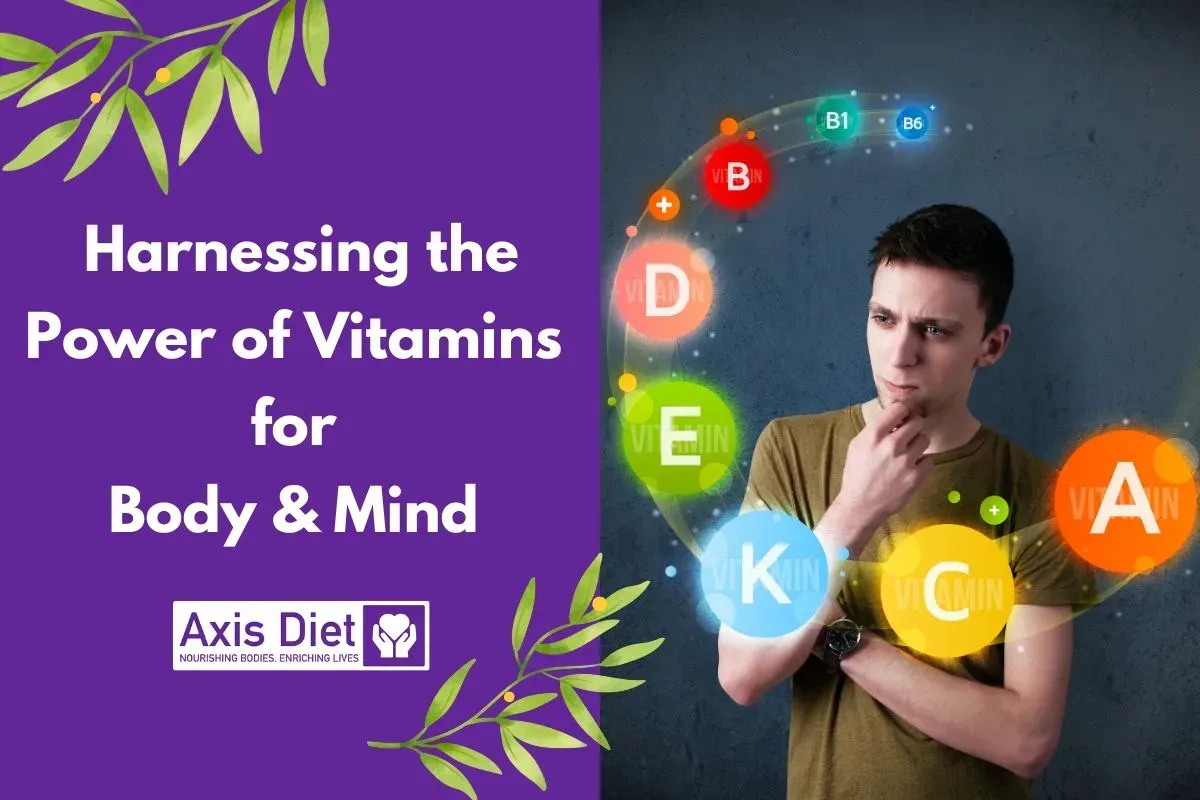As we gear up to honor the father figures in our lives this upcoming Father’s Day, it’s worth remembering that one of the most valuable gifts we can give is promoting better health. Drawing on my expertise as a dietitian and nutritionist, this article will focus on how fathers, and those with fathers aged 50-80, can make healthier dietary choices.
Portion Control and Aging
As we age, our metabolism naturally slows down, and our energy needs decrease. Men in their 30s and 40s need fewer calories compared to their younger selves, while those in their 50s and beyond need even less. Understanding portion control can help balance the energy equation and maintain a healthy weight. Use the simple hand-guide approach as discussed earlier and remember to adjust portions as needed based on activity levels and age.
- Use the hand-guide approach: protein portions should be palm-sized, carbohydrate portions fist-sized, fat portions thumb-sized, and vegetables should be able to fit in two hands.
- Adjust your portion sizes based on your activity level and age. The older you are, the fewer calories you typically need.
- Avoid supersized or combo meals, which can easily exceed your calorie needs.
Lean Proteins and Muscle Health
Protein needs tend to rise after the age of 50 as muscle mass begins to decline, a condition known as sarcopenia. To help combat this, prioritize lean protein sources like chicken breast, fish, and legumes. Men in their 30s and 40s should aim for about 56 grams of protein per day, while those over 50 should aim for 60-70 grams.
- Include a source of lean protein at every meal. This can be chicken, turkey, fish, lean cuts of meat, tofu, legumes, or low-fat dairy.
- Snack on high-protein foods like Greek yogurt, nuts, or cottage cheese.
- Increase your protein intake if you’re over 50 to help maintain muscle mass.
Fruit and Vegetable Intake
Regular fruit and vegetable consumption is vital at any age, but for older adults, it’s essential for providing micronutrients that support immune function. Antioxidants found in these foods can help combat age-related oxidative stress. If you’re a dad or caring for an older father, ensure at least half of every meal comprises a mix of fruits and vegetables.
- Fill half your plate with a variety of fruits and vegetables at each meal.
- Try to “eat the rainbow”, incorporating fruits and vegetables of various colors to get a wide range of nutrients.
- Choose whole fruits and vegetables over juices or processed versions to get the most fiber and nutrients.
Whole Grains and Heart Health
As men age, heart health becomes increasingly important. Whole grains, rich in fiber, can help control weight, regulate blood sugar, and lower the risk of heart disease and stroke. Men aged 30-50 should aim for about 38 grams of fiber per day, while those over 50 should aim for 30 grams.
- Choose whole grain versions of bread, rice, pasta, and cereal.
- Experiment with different types of whole grains like quinoa, barley, or bulgur.
- Check food labels and pick products that list a whole grain (like whole wheat, oats, or brown rice) as the first ingredient.
Hydration
Hydration is vital at every age, but as we age, our sense of thirst can diminish, increasing the risk of dehydration. It’s important to make hydration a daily habit rather than relying on thirst cues. Ensure you’re drinking at least 8-10 glasses of water a day, more if you’re active or it’s hot.
- Keep a water bottle with you throughout the day to remind you to drink.
- If you find water boring, try infusing it with fruits, cucumber, or herbs for a flavor boost.
- Remember that all fluids count towards your hydration, including milk, tea, and even water-rich foods like fruits and vegetables.
Mindful Eating
With busy work schedules and family responsibilities, fathers often eat on the go or in response to stress. This Father’s Day, take a moment to practice mindful eating. Pay attention to hunger and fullness cues, savor each bite, and try to make eating a relaxing and enjoyable experience. This will aid digestion, prevent overeating, and contribute to overall wellbeing.
- Eat without distractions. Avoid eating in front of the TV or while working on your computer.
- Chew your food slowly and savor each bite. This can improve digestion and make meals more enjoyable.
- Listen to your body’s hunger and fullness cues. Try to eat when you’re truly hungry and stop before you’re uncomfortably full.
Consulting a Professional Dietitian
While the above recommendations are general guidelines for healthy eating, individuals with certain health conditions may have specific dietary needs. Pre-existing conditions like hypertension (high blood pressure), heart disease, kidney disease, diabetes, or gastrointestinal issues often require specialized dietary plans.
If you have a pre-existing condition, it’s important to consult with a professional dietitian. They can provide personalized advice tailored to your individual health needs and lifestyle. This is essential to ensure that the changes you make will not only improve your health but also be sustainable in the long term.
Here are a few steps to guide you through this process:
- Find a Registered Dietitian (RD): Look for a professional who is credentialed as a Registered Dietitian. These professionals have undergone rigorous training and passed a national exam.
- Prepare for Your Appointment: Before meeting with a dietitian, write down any questions or concerns you have. Also note any personal dietary habits or preferences that could affect your nutritional plan.
- Open Communication: During the consultation, be open and honest about your eating habits and lifestyle. The more accurate information the dietitian has, the better they can tailor advice to your needs.
- Follow-Up: After your consultation, make sure to follow up with your dietitian regularly. This can help address any challenges you face and modify your plan as needed.
Remember, nutrition is a critical aspect of managing many health conditions, and a dietitian can be an invaluable ally in your health journey. Taking the initiative to seek professional guidance is a testament to your commitment to your health, and that’s something to be celebrated this Father’s Day!






[…] you for joining us on this journey to healthier eating habits. Remember, at Diet Axis, your nutrition is our […]
[…] essence, understanding the profound connection between our circadian rhythm and nutrition offers a roadmap for healthier living. Embracing meal timings and choices that resonate with our body’s natural rhythm […]